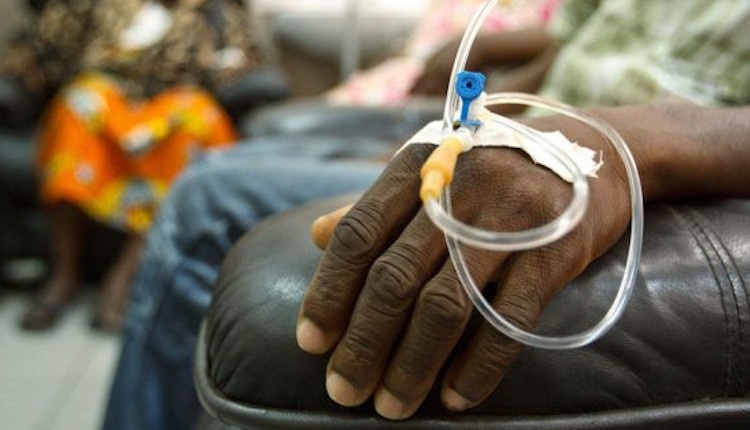
Can rural doctors and paramedics respond to complex health needs? The training courses of the UL School of Medicine
Limpopo, a province of South Africa is considered one of the most rural areas. It disposes of 0,164 doctors for 1000 inhabitants and this does not help to ensure the proper response to the population’s health needs. Maybe rural doctors and paramedics could.
The WHO recommends 1 doctor for 1000 people in order to respond properly to any community health need. As we just read, the ratio of doctors in Limpopo is not enough to satisfy this recommendation. So, the UL School of Medicine allegedly found a solution, i.e. training doctors and paramedics in a rural context.
The social-economic burden and the training for rural doctors and paramedics in South Africa
The burdens of disease in rural Limpopo is made more challenging and complex by its socio-economic background. The population variation in age and gender also contributes to its unique health-care needs.
In this situation, medical training is the solution. The UL School of Medicine is the medical school that received the Health Professions Council of South Africa’s accreditation to train undergraduate medical students. Training paramedics to provide care in rural settings would be the solution to provide advanced and proper care in Limpopo, to the most disadvantaged and poor communities, as in other rural provinces.
The medical training is designed accordingly and supported by local health-care facilities. The establishment of a medical school in the province would go a long way to mitigating the shortage, as research has shown that many medical students that train in a particular province tend to practise in that province following graduation.
The UL School of Medicine started engaging doctor and paramedic students in 2014 and started enrolling the first-year bachelor of medicine and bachelor of surgery (MBChB) students in 2016.
South Africa: the program for rural doctors and paramedics
The new program is aimed at training doctors and paramedics within a rural context, where students, selected from all over South Africa, will be exposed to the relevant communities from the early stages of their training.
As for the university, it can also offer a six-year MBChB degree that leads to qualification and registration as a medical practitioner after doing two years of internship and one year of community service. The school also offers four or five-year master of medicine (MMed) degrees in a number of medical and surgical specialities.
READ ALSO
Rural ambulances fees introduction, how did they impact on pregnant women deliveries in Tanzania?
Search and Rescue in the UK, the second phase of SAR privatization contract
Emergency in rural Africa – The importance of surgeons
SOURCE
REFERENCE
University of Limpopo: Facebook official page


